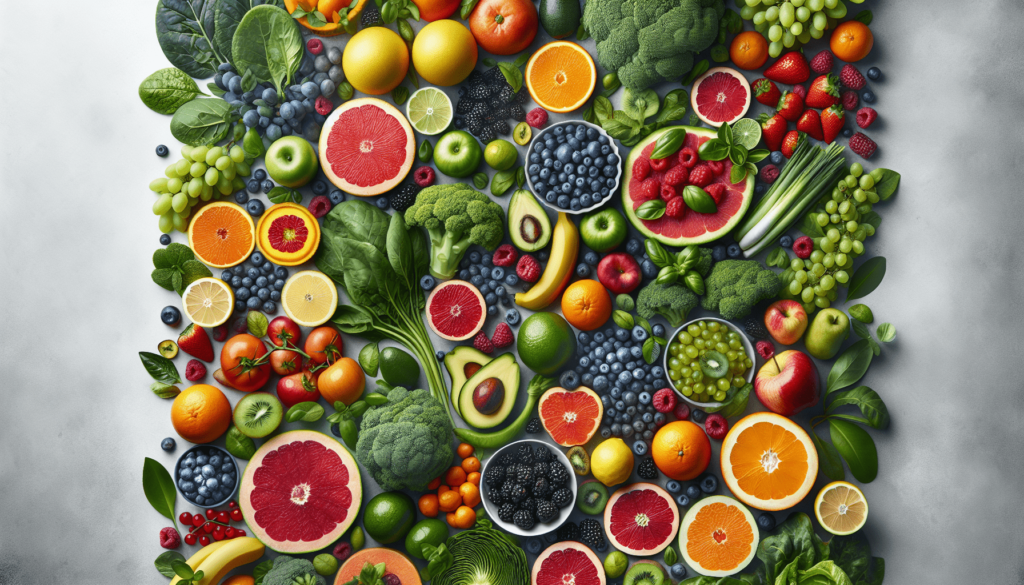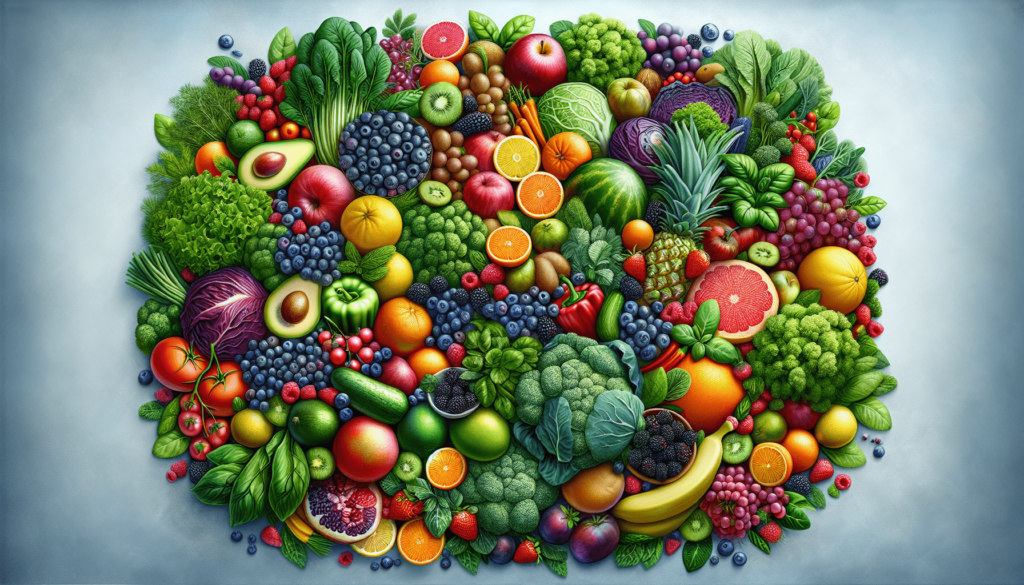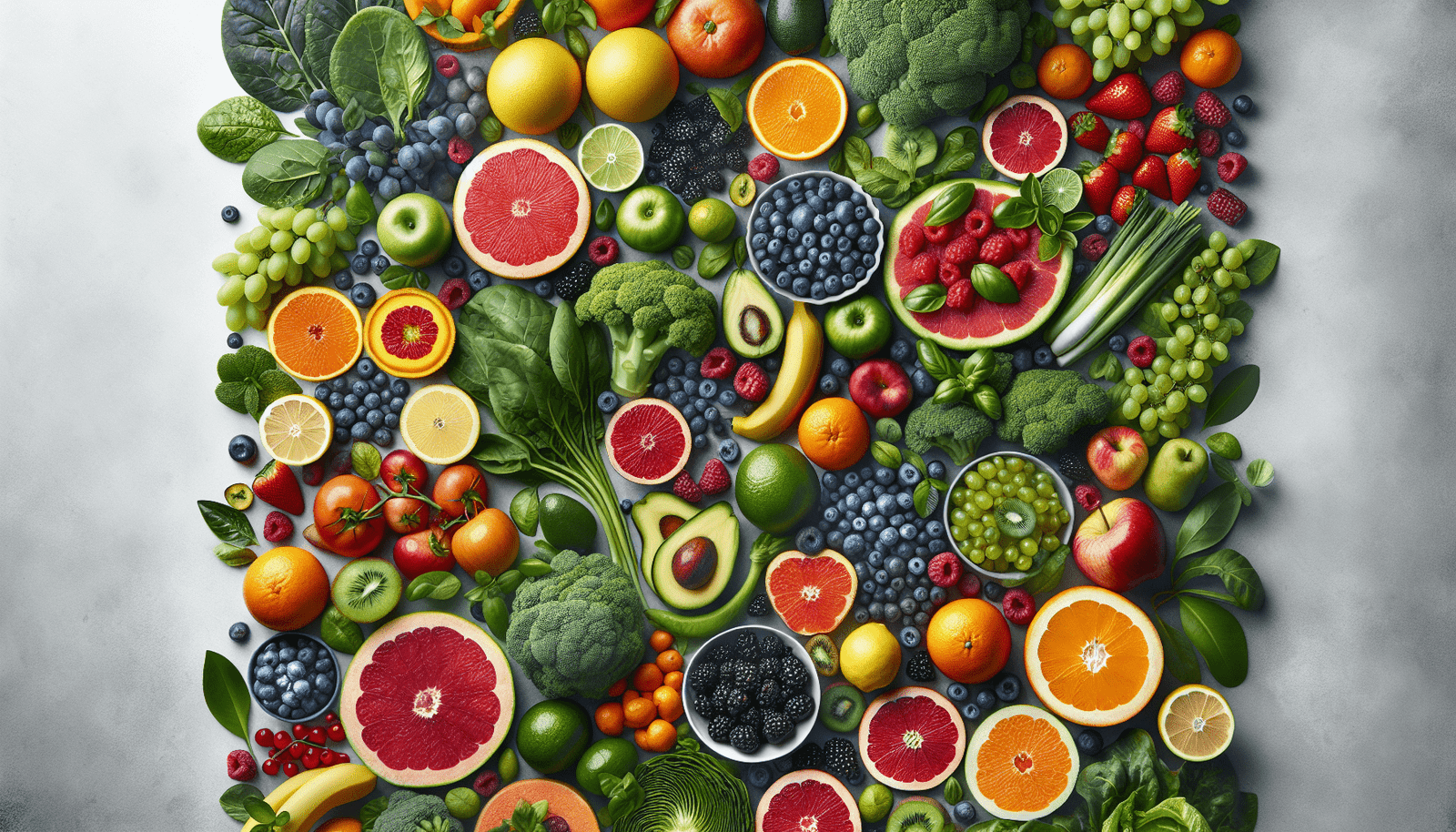Why is Nutrient Density Important?
When it comes to maintaining a healthy diet, the focus is often on counting calories. However, it’s just as important to pay attention to the nutrient density of the foods you consume. Nutrient density refers to the amount of essential nutrients in a food compared to the number of calories it provides. In other words, it’s about getting the most nutrients for the least amount of calories. By focusing on eating nutrient-dense foods, you can ensure that your body is getting the essential vitamins, minerals, and antioxidants it needs to function at its best.

Understanding Nutrients
Nutrients are the compounds found in foods that are essential for proper growth, development, and overall health. These include vitamins, minerals, proteins, carbohydrates, fats, fiber, and water. Each nutrient plays a specific role in the body, from providing energy to supporting immune function and promoting healthy skin. By consuming a variety of foods that are rich in different nutrients, you can ensure that your body is getting everything it needs to function optimally.
The Difference Between Nutrient Density and Caloric Density
It’s important to distinguish between nutrient density and caloric density. While caloric density refers to the number of calories in a given amount of food, nutrient density focuses on the amount of essential nutrients in that same portion. Foods that are high in caloric density may be high in calories but low in essential nutrients, such as fast food, sugary snacks, and processed foods. On the other hand, foods that are high in nutrient density provide a wealth of essential nutrients without an excessive amount of calories.

Benefits of Eating Nutrient-Dense Foods
There are numerous benefits to focusing on eating nutrient-dense foods. By choosing foods that are rich in essential nutrients, you can:
- Improve your overall health and well-being
- Boost your energy levels
- Support proper immune function
- Maintain a healthy weight
- Reduce your risk of chronic diseases such as heart disease, diabetes, and cancer
How to Identify Nutrient-Dense Foods
So, how can you identify which foods are nutrient-dense? One way is to look at the nutritional content of a food. Foods that are high in vitamins, minerals, and antioxidants are typically more nutrient-dense than those that are filled with empty calories. In general, whole foods such as fruits, vegetables, lean proteins, whole grains, and healthy fats are excellent sources of essential nutrients. Processed foods, on the other hand, tend to be lower in essential nutrients and higher in unhealthy fats, sugars, and additives.
To make it easier for you to identify nutrient-dense foods, here is a simple table to help you distinguish between nutrient-dense and non-nutrient-dense foods:
| Nutrient-Dense Foods | Non-Nutrient-Dense Foods |
|---|---|
| Fruits and Vegetables | Chips and Cookies |
| Whole Grains | Sugary Drinks |
| Lean Proteins | Fried Foods |
| Healthy Fats | Processed Meats |
By choosing more foods from the left side of the table and limiting those from the right side, you can increase your intake of essential nutrients and improve your overall health.
The Role of Nutrient Density in Weight Management
Nutrient density plays a crucial role in weight management. When you focus on eating foods that are rich in essential nutrients, you provide your body with the nourishment it needs to function properly. This can help you feel more satisfied and reduce cravings for unhealthy, calorie-dense foods. By choosing nutrient-dense foods, you can also support your metabolism and energy levels, making it easier to maintain a healthy weight over time.
Practical Tips for Increasing Nutrient Density in Your Diet
Incorporating more nutrient-dense foods into your diet doesn’t have to be complicated. Here are some practical tips to help you boost the nutrient density of your meals:
- Start your day with a nutrient-rich breakfast, such as a smoothie with fruits, vegetables, and protein powder.
- Snack on nuts, seeds, and fresh fruits throughout the day to keep your energy levels stable.
- Fill half your plate with colorful vegetables at each meal to ensure you’re getting a variety of essential nutrients.
- Choose whole grains such as quinoa, brown rice, and oats instead of refined grains like white bread and pasta.
- Include sources of lean protein in each meal, such as chicken, fish, tofu, or legumes.
- Cook with healthy fats like olive oil, avocado, and nuts instead of saturated fats like butter and lard.
By incorporating these simple tips into your daily routine, you can increase the nutrient density of your diet and reap the many health benefits that come with it.
The Bottom Line
In conclusion, while calories are important, focusing on nutrient density is equally crucial for maintaining optimal health. By choosing foods that are rich in essential nutrients, vitamins, minerals, and antioxidants, you can support your overall well-being, boost your energy levels, and reduce your risk of chronic diseases. By making a conscious effort to eat more nutrient-dense foods and limit those that are low in essential nutrients, you can take control of your health and feel your best every day. So, next time you reach for a snack or plan a meal, remember to prioritize nutrient density for a healthier, happier you.

